Description
Everything You Need to Know About Thiourea 99%: Applications, Properties, and More!
Thiourea, a sulfur-containing organic compound, has emerged as a versatile and widely used chemical in numerous industrial and scientific applications. Thiourea 99% refers to a highly pure grade of thiourea, boasting 99% purity, which makes it suitable for use in exacting applications that demand high quality. In this article, we’ll explore the properties, uses, and importance of thiourea 99% in various fields, as well as the safety considerations associated with its handling.
What is Thiourea?
Thiourea is an organosulfur compound with the molecular formula CH₄N₂S. Structurally, it consists of a thiocarbonyl group (=S) bound to two amine (-NH₂) groups. This compound is colorless, crystalline in appearance, and highly soluble in water. Its high reactivity is attributed to the sulfur atom, which makes it an excellent reagent in many chemical reactions.
When we speak of “Thiourea 99%,” we refer to thiourea in its purest, commercially available form, containing minimal impurities. Such high-grade thiourea is particularly valued in applications requiring precision and consistency, such as in pharmaceuticals, synthesis, and electronics manufacturing.
Key Properties of Thiourea 99%
Chemical Formula: CH₄N₂S
Molecular Weight: 76.12 g/mol
Purity Level: 99%
Appearance: White or colorless crystalline solid
Solubility: Highly soluble in water (137 g/L at 25°C) and slightly soluble in alcohol.
Melting Point: 170 to 180°C (decomposition temperature)
Reactivity: Thiourea demonstrates reducing and coordinating properties due to the presence of both sulfur and nitrogen atoms.
These physical and chemical properties make thiourea an excellent candidate for diverse applications in numerous industries.
Applications of Thiourea 99%
Thiourea 99% is widely used across a variety of sectors, with its high purity making it a preferred choice for industries that require stringent quality standards. Below are some of its key applications:
1. Agriculture
Thiourea is commonly used as a plant growth regulator and a seed treatment agent. It helps in breaking seed dormancy and enhancing germination rates. Farmers and agronomists value thiourea for its ability to promote early flowering and increased crop yield.
2. Pharmaceuticals
Thiourea serves as a precursor in the synthesis of certain pharmaceutical compounds. It plays a role in producing medicines such as antithyroid drugs, as it can inhibit the production of thyroid hormones. Additionally, its derivatives are used in anticancer and antiviral drug research.
3. Chemical Synthesis
In the world of organic synthesis, thiourea is an essential reagent due to its nucleophilic properties. It is used in the production of thioketones, sulfamic acids, thiourea dioxide, and heterocyclic compounds, which are building blocks for rubber and plastics.
4. Metallurgy and Gold Refining
Thiourea acts as a non-toxic alternative to cyanide for extracting gold and other precious metals. Its ability to form water-soluble complexes with metals makes it a sustainable choice in the gold mining industry.
5. Textile Industry
Thiourea is utilized in the textile sector for dyeing and printing processes. It serves as a reductive agent, helping to fix dyes onto the fabric securely while improving color vibrancy and retention.
6. Electronics Manufacturing
With the growing demand for semiconductors and electronics, thiourea has found its place in thin-film deposition and electroplating processes. For instance, it is used in the formation of metal sulfides in thin-film solar cells and other optoelectronic devices.
7. Photography
In the traditional photography industry, thiourea plays a key role in silver halide toning processes, contributing to different tonal effects on photographic prints.
Safety and Handling
While thiourea 99% is an incredibly useful substance, it should be handled with care due to its potential hazards. The compound has been classified as harmful if swallowed or inhaled, and prolonged exposure may have adverse effects on the liver and thyroid. Below are some important safety tips to consider:
Personal Protective Equipment (PPE): Always wear gloves, goggles, and protective clothing when handling thiourea.
Storage: Store in a cool, dry, and well-ventilated environment, away from heat sources and incompatible substances, such as oxidizers.
Disposal: Dispose of thiourea-containing waste according to local regulations to minimize environmental risks.
Avoid Skin Contact: As it may cause irritation, avoid direct contact with the skin or eyes.
It is essential to follow safety guidelines and consult the material safety data sheet (MSDS) provided by the supplier before handling thiourea.
Sustainability and Future Prospects
In an era where sustainability is paramount, thiourea 99% offers significant opportunities for greener alternatives in various industries. Its use in gold refining as a cyanide substitute, as well as its contributions to renewable energy technologies like thin-film solar cells, underscores its importance in driving cleaner and more sustainable processes. Future research is likely to explore additional applications, especially in advanced materials and environmental remediation.
Conclusion
Thiourea 99% is an indispensable chemical with remarkable versatility and functionality. From agriculture to electronics and healthcare, its applications span a wide array of industries, making it one of the most valuable sulfur-containing compounds available commercially. As technology and industry demands evolve, thiourea’s role will continue to expand, offering new opportunities for innovation. However, responsible handling and adherence to safety precautions remain crucial to ensuring its safe and sustainable use.




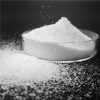
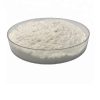
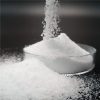
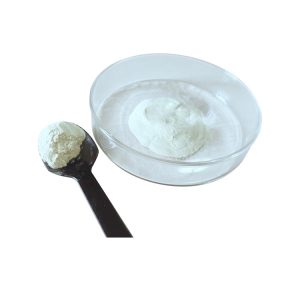
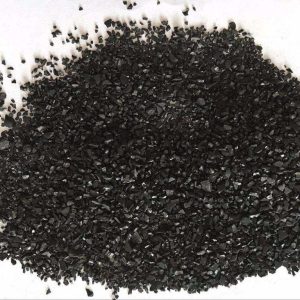
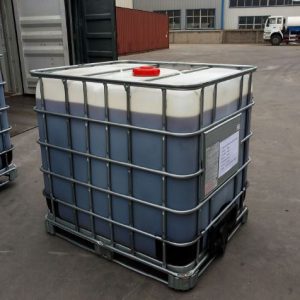
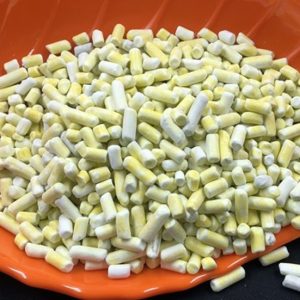

Reviews
There are no reviews yet.